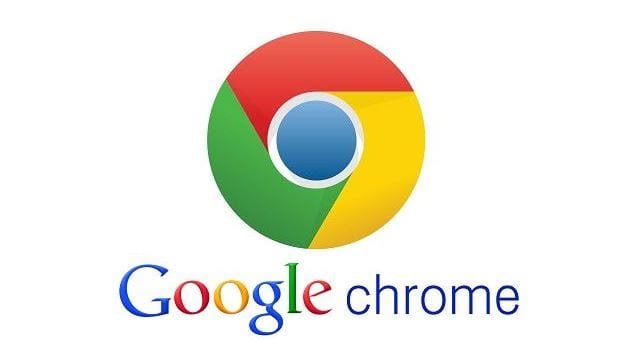Google: Chrome Browser Memory Eating Problem Is Not Solved Yet

Google has decided to disable a new solution to reduce memory requirements in Chrome on Windows 10. The feature was originally developed by Microsoft for its own Edge browser.
The negative headlines around Google’s widespread Chrome browser never stop. The program has long been considered a resource eater and can have a blatant influence on both system and battery performance. Microsoft had recently tackled one of the main problems, namely the enormous need for RAM. The Redmond Company provided an innovation for Windows 10 that should help all browsers based on the Chromium open-source project – including Chrome in this area.
New storage management works, but creates problems
The solution presented by Microsoft in mid-June uses a new segmented data structure for the memory management of Win32 programs, which was introduced with the May 2020 update (version 2004) for Windows 10. As a result, official information according to the RAM requirements of the Edge browser could be reduced by 27 percent.
Google initially decided to also use this innovation for its own Chrome browser. However, an Intel engineer uncovered worrying sequelae to this implementation earlier this month.
RAM optimization not completely deleted
As first noticed by Intel and then confirmed by Google, the changed memory management of Chrome under Windows 10 leads to a considerable deterioration in the performance of PCs. With browser tests such as Speedometer 2.0, WebXPRT3, and JetStream2, CPU performance was reduced by up to 10 percent and the processor’s energy consumption increased by up to 13 percent. Google programmer Bruce Dawson described the cost of CPU performance as “too high” to continue using this form of optimization in the browser. Based on these findings, Google will deactivate the new RAM management under Windows 10 with the upcoming Chrome version 85. However, improvements in the area should continue to be worked on. According to Dawson, the current measure is just a short delay for more efficient storage management under Chrome. How exactly this should then be implemented remains unclear for the time being.
For frustrated Chrome users, there is also the opportunity to look for an alternative. As recently pointed out, offer browser as just Microsoft’s new Edge or for Mac users Apple’s Safari in terms of speed and energy efficiency advantages over Chrome.
Digital marketing enthusiast and industry professional in Digital technologies, Technology News, Mobile phones, software, gadgets with vast experience in the tech industry, I have a keen interest in technology, News breaking.












